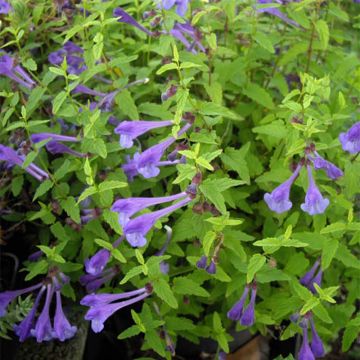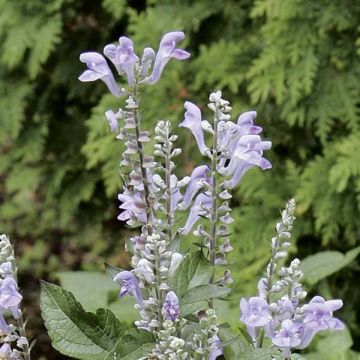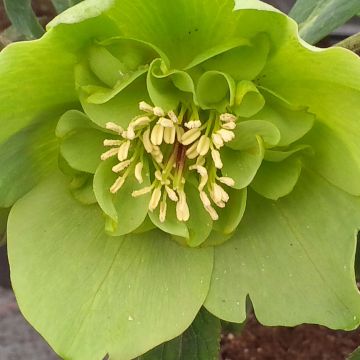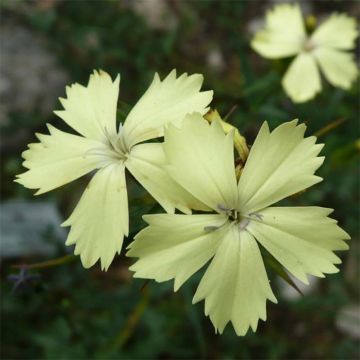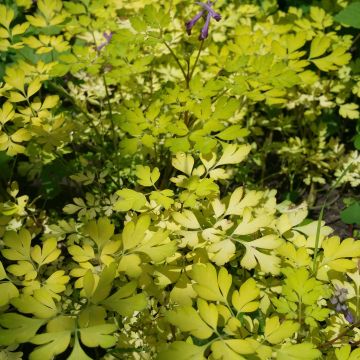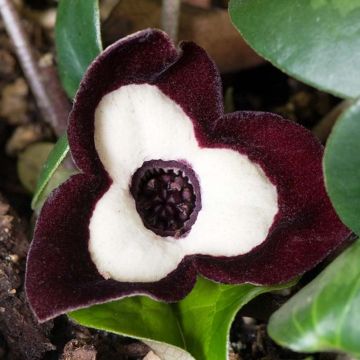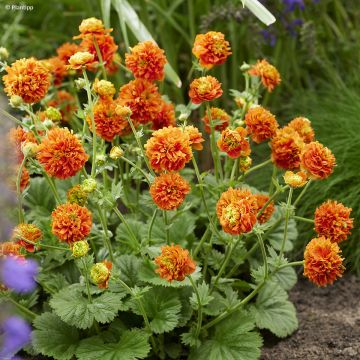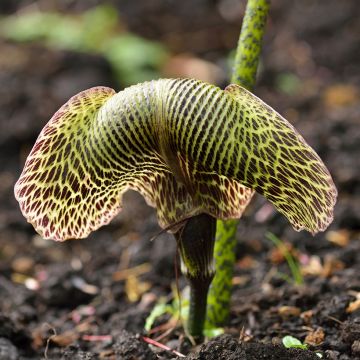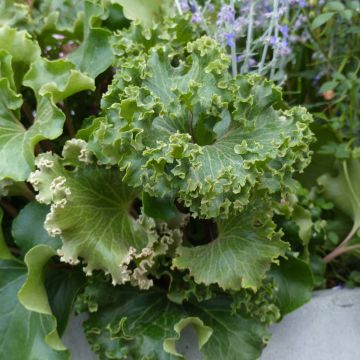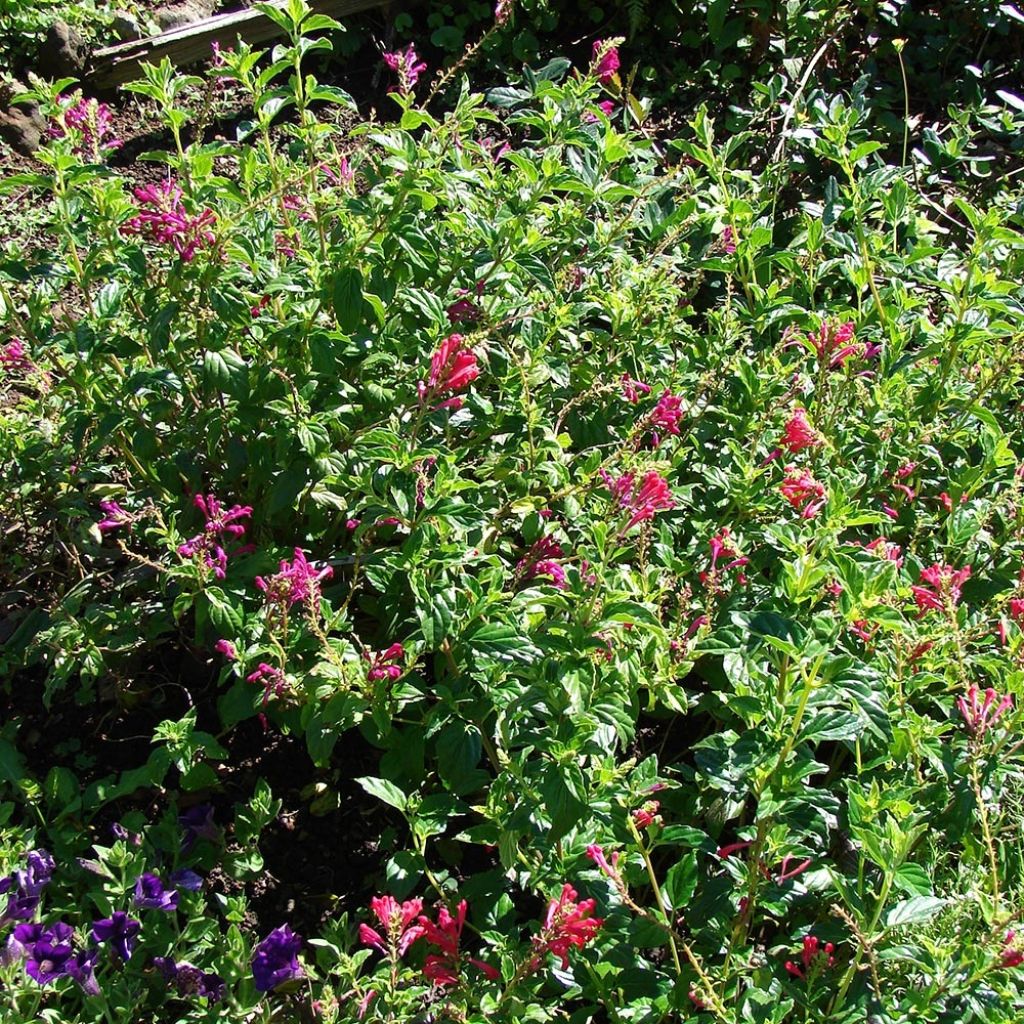

Scutellaria suffrutescens - Scutellaire
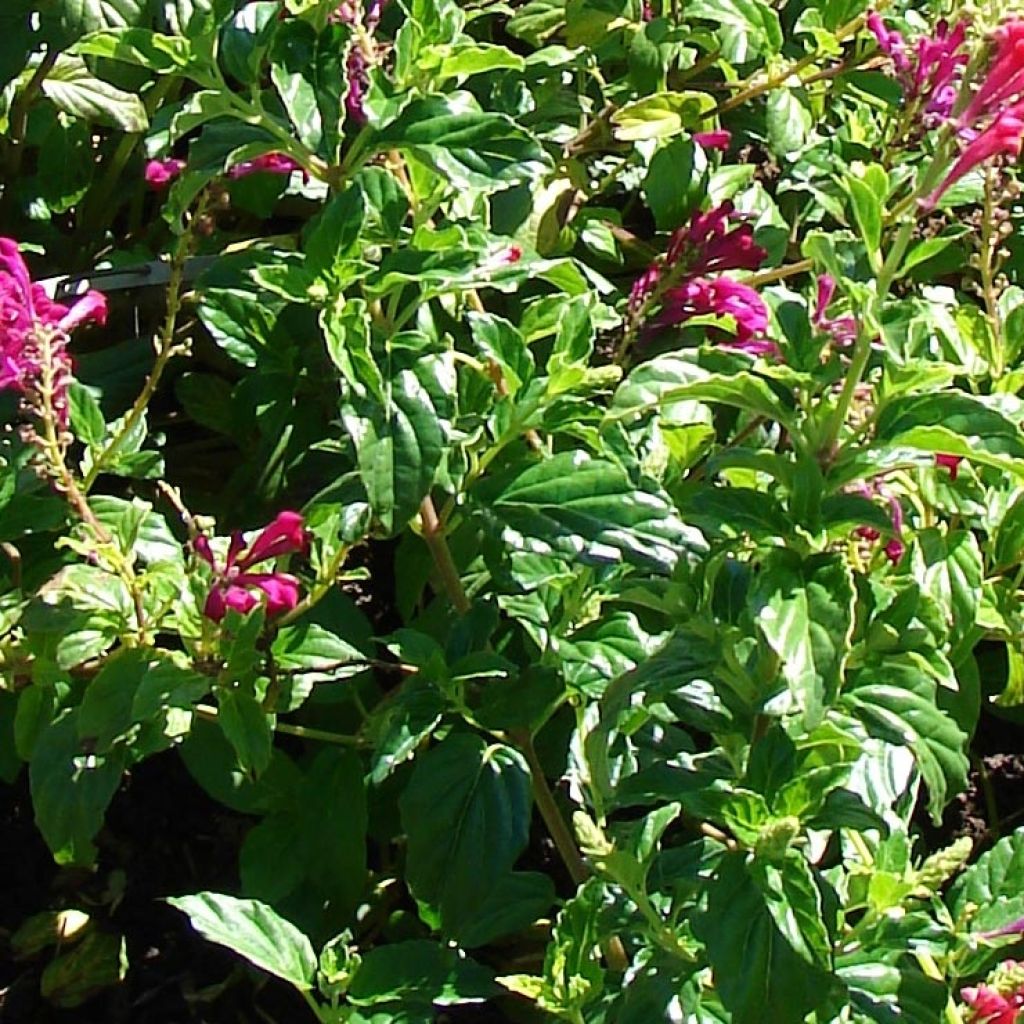

Scutellaria suffrutescens - Scutellaire
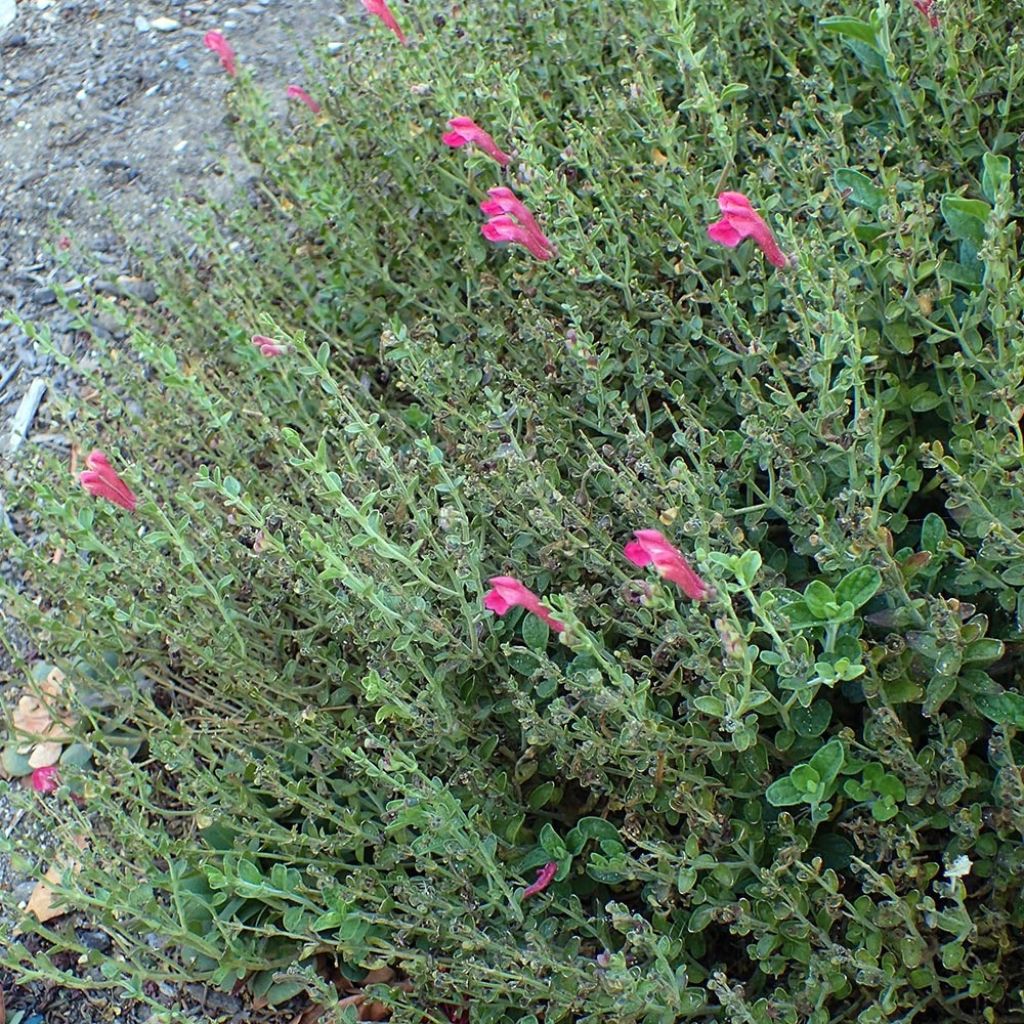

Scutellaria suffrutescens - Scutellaire
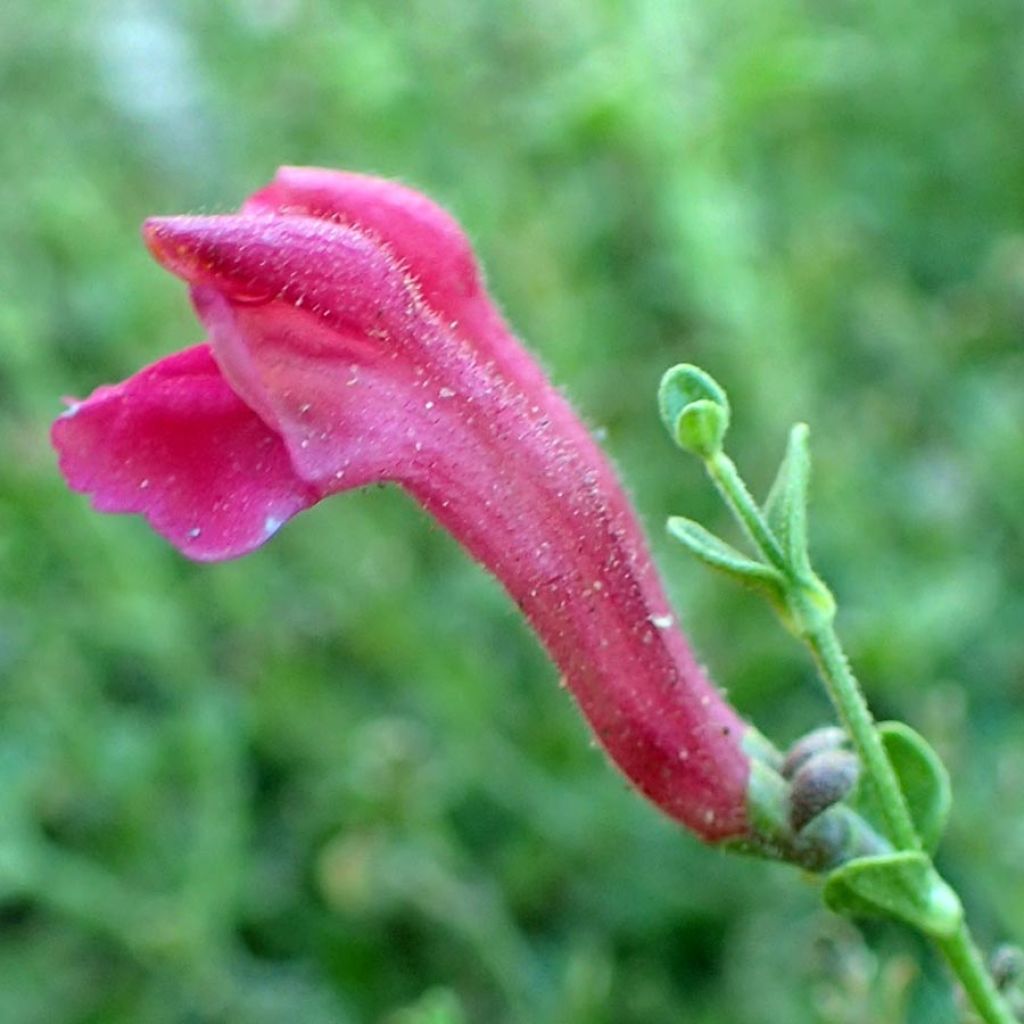

Scutellaria suffrutescens - Scutellaire
Scutellaria suffrutescens
Scutellaria suffrutescens
Cherry Skullcap
These plants don't look healthy, they seem to have grown tightly packed together. The stems are long and soft, and one plant has turned yellow. We'll see in the spring.
Mireille, 14/11/2024
Special offer!
Receive a €20 voucher for any order over €90 (excluding delivery costs, credit notes, and plastic-free options)!
1- Add your favorite plants to your cart.
2- Once you have reached €90, confirm your order (you can even choose the delivery date!).
3- As soon as your order is shipped, you will receive an email containing your voucher code, valid for 3 months (90 days).
Your voucher is unique and can only be used once, for any order with a minimum value of €20, excluding delivery costs.
Can be combined with other current offers, non-divisible and non-refundable.
Home or relay delivery (depending on size and destination)
Schedule delivery date,
and select date in basket
This plant carries a 12 months recovery warranty
More information
We guarantee the quality of our plants for a full growing cycle, and will replace at our expense any plant that fails to recover under normal climatic and planting conditions.
Would this plant suit my garden?
Set up your Plantfit profile →
Description
Scutellaria suffrutescens is a perennial ground cover, forming a cushion. From spring to the first frost, it is covered with raspberry-pink helmet-shaped flowers, perfectly highlighted against dense, semi-evergreen, dark green foliage. It is an ideal plant for limestone and well-drained borders and rockeries, in full sun or very light shade, in warm and dry conditions. It also performs well in pots.
Native to the southern United States and northern Mexico, cherry skullcap is a rarity belonging to the vast Lamiaceae family, which includes many aromatic plants such as mint, rosemary, and thyme, as well as ornamentals like dead nettles and bugles, all of which are good garden plants. This species forms a prostrate and dense ground cover cushion, 20cm (8in) tall and 60cm (24in) in diameter, with small, semi-evergreen dark green leaves in not too harsh climates. From June to October, it displays a profusion of small flowers in an intense raspberry-pink. While their helmet shape is typical of the Scutellaria genus, their colour is quite unusual: most skullcaps are mauve to blue-violet, rarely yellow.
Scutellaria suffrutescens grows in dry and rocky high-altitude areas. It can withstand temperatures from -15 to -20°C (5 to -4°F) in well-drained soil, especially in winter. It prefers calcareous soils. It tolerates light shade in the afternoon, especially in hot climates, but prefers full sun. If your soil is too heavy, consider lightening it with coarse sand and incorporating stones into the planting hole. However, the plant's lifespan will be shorter in overly rich and clayey soil.
It makes an excellent ground cover plant for sunny rockeries, dry borders, and of course, in pots with well-drained substrate. Combine it with other plants that have the same requirements, such as thyme (Thymus vulgaris, T. pseudolanuginosus, T. capitatus), Spanish daisies, groundcover sun roses, or Erigeron karvinskianus. Its compatriot, Agave neomexicana, also makes a very good neighbour!
Report an error about the product description
Scutellaria suffrutescens in pictures
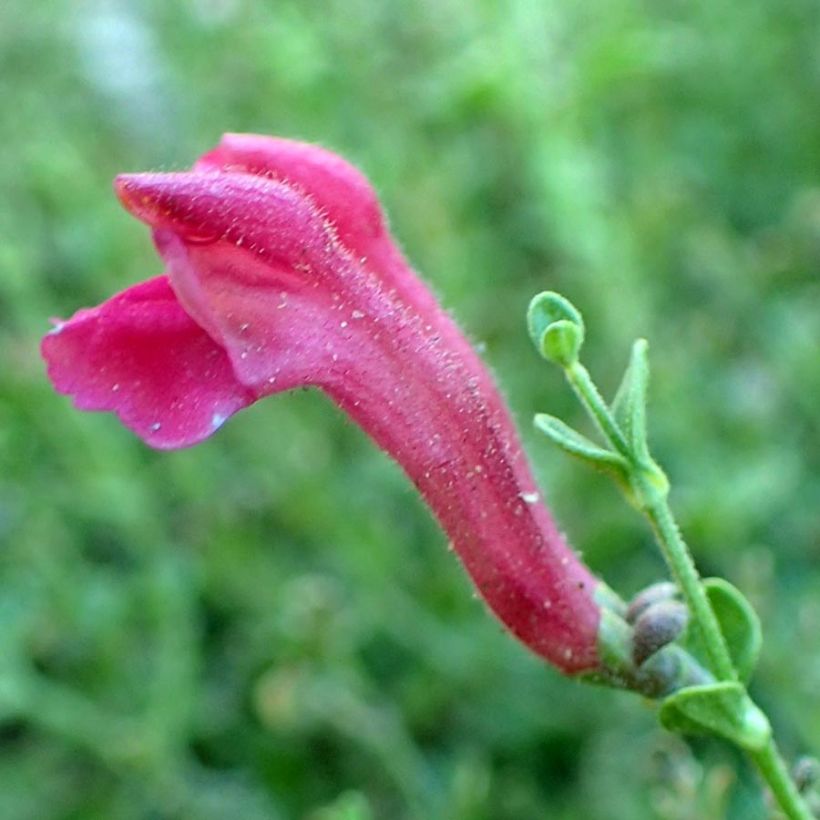

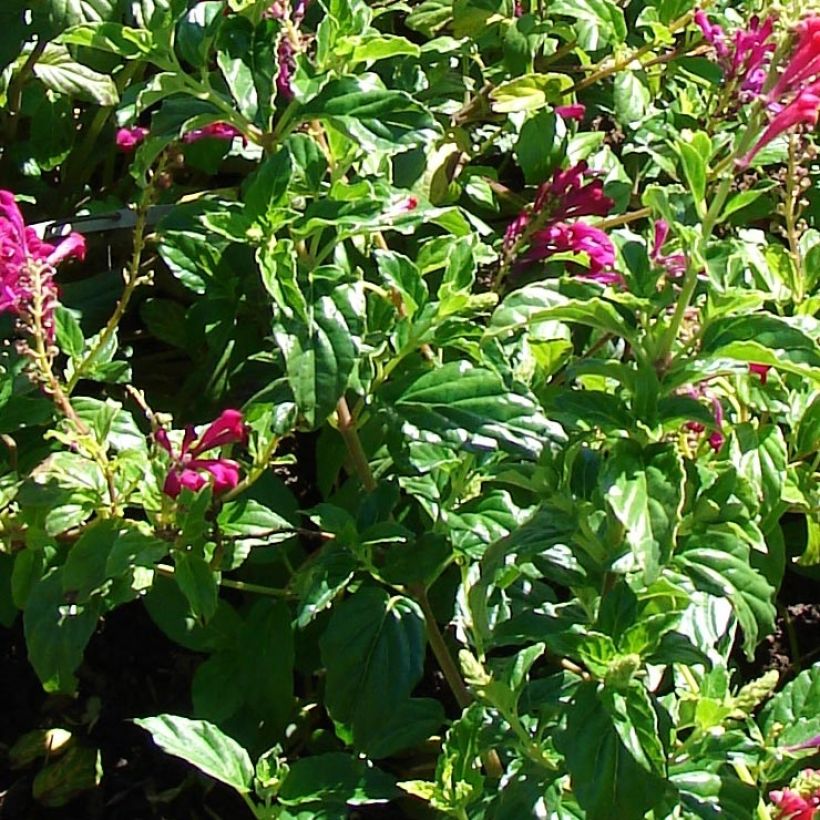

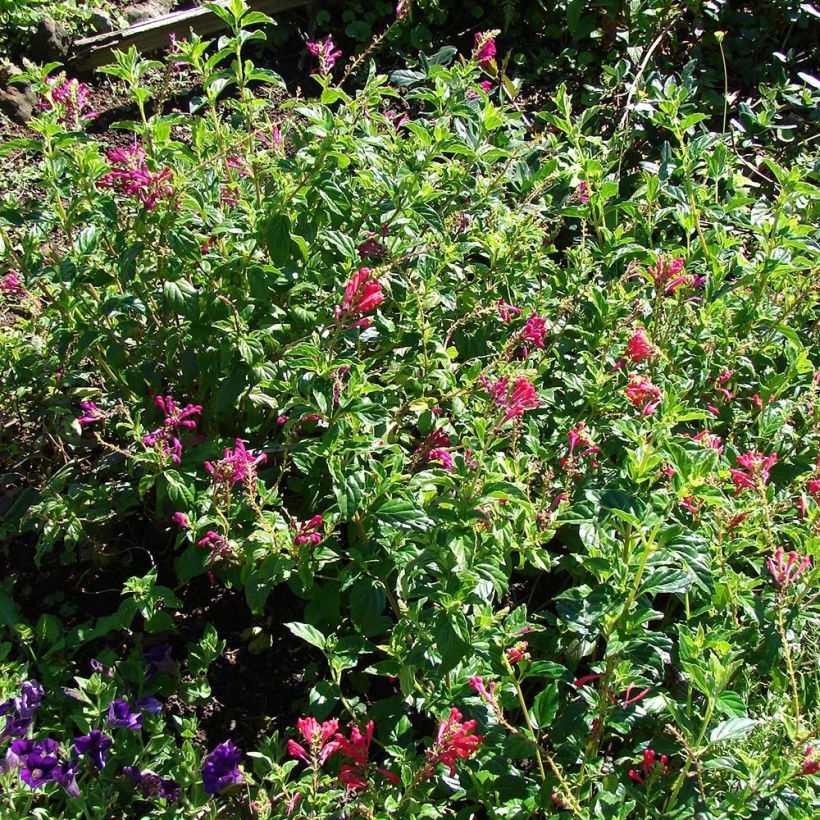

Flowering
Foliage
Plant habit
Botanical data
Scutellaria
suffrutescens
Lamiaceae
Cherry Skullcap
North America
Other Scutellaria - skullcap
View all →Planting and care
It can withstand temperatures of -15 to -20°C (5 to -4°F) in well-drained soil, especially during winter. It thrives in limestone soil. It tolerates light shade in the afternoon, especially in hot climates, but it prefers full sun.
Planting period
Intended location
Care
-
, onOrder confirmed
Reply from on Promesse de fleurs
Similar products
Haven't found what you were looking for?
Hardiness is the lowest winter temperature a plant can endure without suffering serious damage or even dying. However, hardiness is affected by location (a sheltered area, such as a patio), protection (winter cover) and soil type (hardiness is improved by well-drained soil).

Photo Sharing Terms & Conditions
In order to encourage gardeners to interact and share their experiences, Promesse de fleurs offers various media enabling content to be uploaded onto its Site - in particular via the ‘Photo sharing’ module.
The User agrees to refrain from:
- Posting any content that is illegal, prejudicial, insulting, racist, inciteful to hatred, revisionist, contrary to public decency, that infringes on privacy or on the privacy rights of third parties, in particular the publicity rights of persons and goods, intellectual property rights, or the right to privacy.
- Submitting content on behalf of a third party;
- Impersonate the identity of a third party and/or publish any personal information about a third party;
In general, the User undertakes to refrain from any unethical behaviour.
All Content (in particular text, comments, files, images, photos, videos, creative works, etc.), which may be subject to property or intellectual property rights, image or other private rights, shall remain the property of the User, subject to the limited rights granted by the terms of the licence granted by Promesse de fleurs as stated below. Users are at liberty to publish or not to publish such Content on the Site, notably via the ‘Photo Sharing’ facility, and accept that this Content shall be made public and freely accessible, notably on the Internet.
Users further acknowledge, undertake to have ,and guarantee that they hold all necessary rights and permissions to publish such material on the Site, in particular with regard to the legislation in force pertaining to any privacy, property, intellectual property, image, or contractual rights, or rights of any other nature. By publishing such Content on the Site, Users acknowledge accepting full liability as publishers of the Content within the meaning of the law, and grant Promesse de fleurs, free of charge, an inclusive, worldwide licence for the said Content for the entire duration of its publication, including all reproduction, representation, up/downloading, displaying, performing, transmission, and storage rights.
Users also grant permission for their name to be linked to the Content and accept that this link may not always be made available.
By engaging in posting material, Users consent to their Content becoming automatically accessible on the Internet, in particular on other sites and/or blogs and/or web pages of the Promesse de fleurs site, including in particular social pages and the Promesse de fleurs catalogue.
Users may secure the removal of entrusted content free of charge by issuing a simple request via our contact form.
The flowering period indicated on our website applies to countries and regions located in USDA zone 8 (France, the United Kingdom, Ireland, the Netherlands, etc.)
It will vary according to where you live:
- In zones 9 to 10 (Italy, Spain, Greece, etc.), flowering will occur about 2 to 4 weeks earlier.
- In zones 6 to 7 (Germany, Poland, Slovenia, and lower mountainous regions), flowering will be delayed by 2 to 3 weeks.
- In zone 5 (Central Europe, Scandinavia), blooming will be delayed by 3 to 5 weeks.
In temperate climates, pruning of spring-flowering shrubs (forsythia, spireas, etc.) should be done just after flowering.
Pruning of summer-flowering shrubs (Indian Lilac, Perovskia, etc.) can be done in winter or spring.
In cold regions as well as with frost-sensitive plants, avoid pruning too early when severe frosts may still occur.
The planting period indicated on our website applies to countries and regions located in USDA zone 8 (France, United Kingdom, Ireland, Netherlands).
It will vary according to where you live:
- In Mediterranean zones (Marseille, Madrid, Milan, etc.), autumn and winter are the best planting periods.
- In continental zones (Strasbourg, Munich, Vienna, etc.), delay planting by 2 to 3 weeks in spring and bring it forward by 2 to 4 weeks in autumn.
- In mountainous regions (the Alps, Pyrenees, Carpathians, etc.), it is best to plant in late spring (May-June) or late summer (August-September).
The harvesting period indicated on our website applies to countries and regions in USDA zone 8 (France, England, Ireland, the Netherlands).
In colder areas (Scandinavia, Poland, Austria...) fruit and vegetable harvests are likely to be delayed by 3-4 weeks.
In warmer areas (Italy, Spain, Greece, etc.), harvesting will probably take place earlier, depending on weather conditions.
The sowing periods indicated on our website apply to countries and regions within USDA Zone 8 (France, UK, Ireland, Netherlands).
In colder areas (Scandinavia, Poland, Austria...), delay any outdoor sowing by 3-4 weeks, or sow under glass.
In warmer climes (Italy, Spain, Greece, etc.), bring outdoor sowing forward by a few weeks.






























